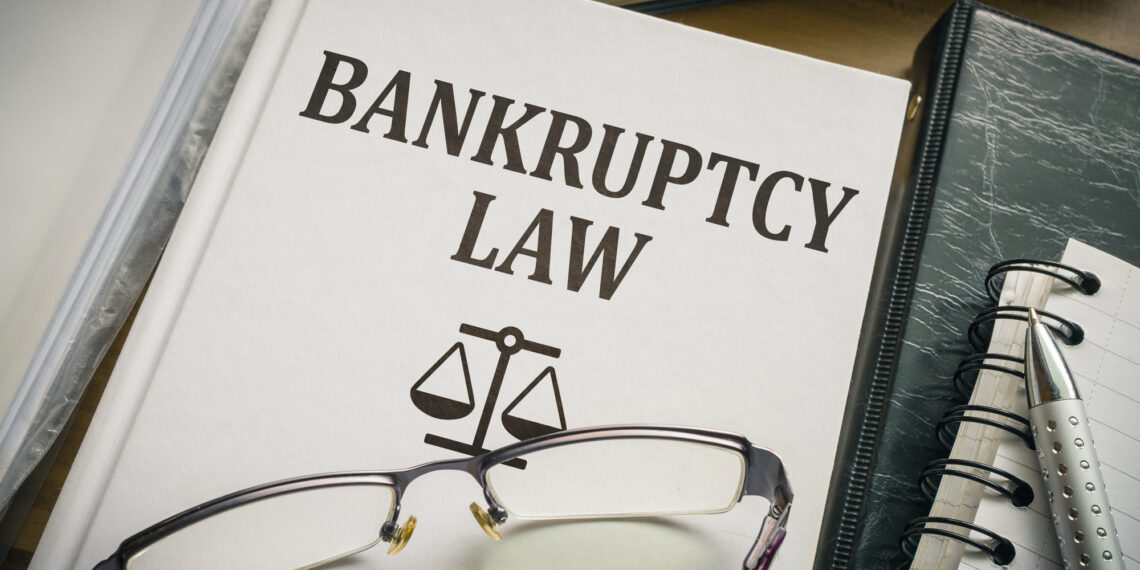You can eliminate all of your debt by filing for bankruptcy! That sounds like an amazing deal, however, it’s not as simple as it sounds.
Bankruptcy is a legal process that is processed through federal bankruptcy courts. Bankruptcy is a tool that is used to minimize or eliminate an individual’s debt and make payment financially feasible.
Bankruptcy may seem like a finance hail mary, but is important to first understand the answer to the question: what is the downside of filing for bankruptcy?
Table of Contents
What Is the Downside of Filing for Bankruptcy?
Filing for bankruptcy can be a very difficult and hard-to-navigate process. If you are considering applying for bankruptcy, you need to consult an attorney to help ensure your filing is successful.
By consulting a professional, you can receive professional assistance while learning how to file bankruptcy paperwork. However, even a properly filed bankruptcy suit can have negative consequences.
Visible on Public Records
Negative information such as late payments, foreclosures, and bankruptcies are visible on your public record for seven years. This visible statement can deter lenders from working with you.
Must Rebuild Your Credit
When you file for bankruptcy, your credit is likely to take a sizable hit. If you are dealing with the poor credit aftermath of a bankruptcy filing, you want to immediately begin rebuilding your credit score.
You can work on improving your credit by performing trends that influence lenders. Be sure to avoid job-hopping, keep up with all payments, and keep your balance low on your credit card.
Bankruptcy Filing Can Be Expensive
Although filing for bankruptcy is designed to help you when finances are unmanageable, filing can be expensive. You will have to pay a filing fee if you make more than 150% of the federal poverty guideline.
In addition to filing fees, you may need to seek consultation from a financial advisor or bankruptcy lawyer who will be charging by the hour.
Loss of Property
When you file for bankruptcy, the bank will claim many high-value items in your possession. Certain properties will allow you to maintain ownership even during the asset collection period of a bankruptcy filing. If you own expensive property that you want to salvage in bankruptcy, it is important to seek professional advice before filing.
If you are looking for a solution that allows you to keep control of assets during a restructuring process, you may want to consider dip financing. You can find examples from yourfundingtree.com to learn how to maintain control over your assets.
Ensure You Know the Consequences Before Filing
By filing for bankruptcy, you can keep away creditors and discharge debts. However, filing is not as simple as erasing away your debt and leaving you with a blank slate.
Knowing your options and the answer to the question, “What is the downside of filing for bankruptcy?” can help you decide if filing is the best debt relief option for you.
Connect with us to learn more about managing your finances.

